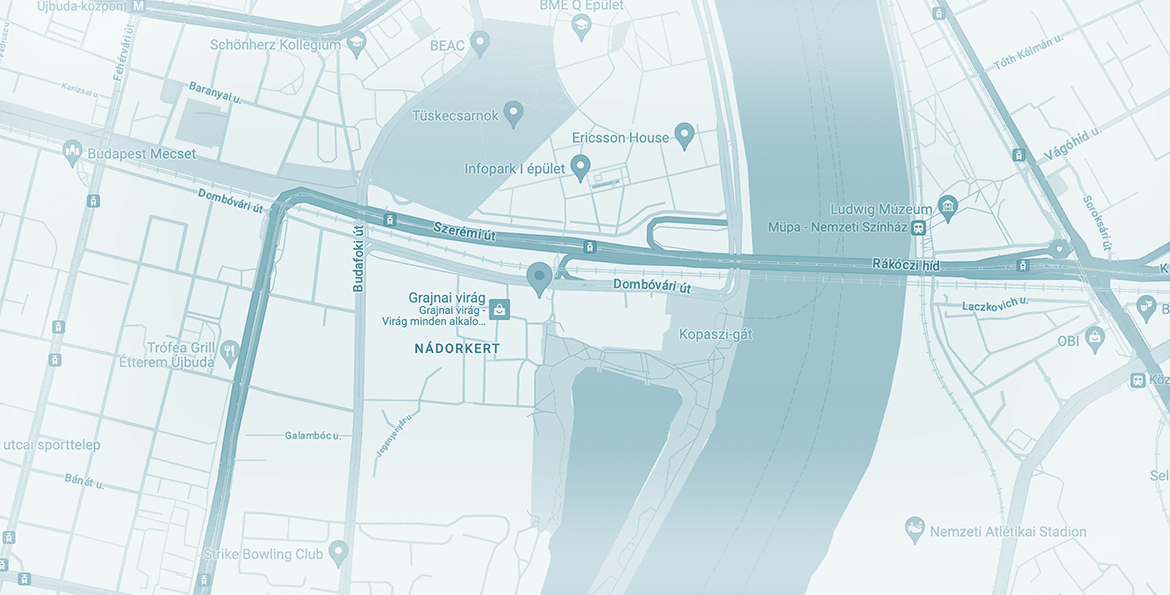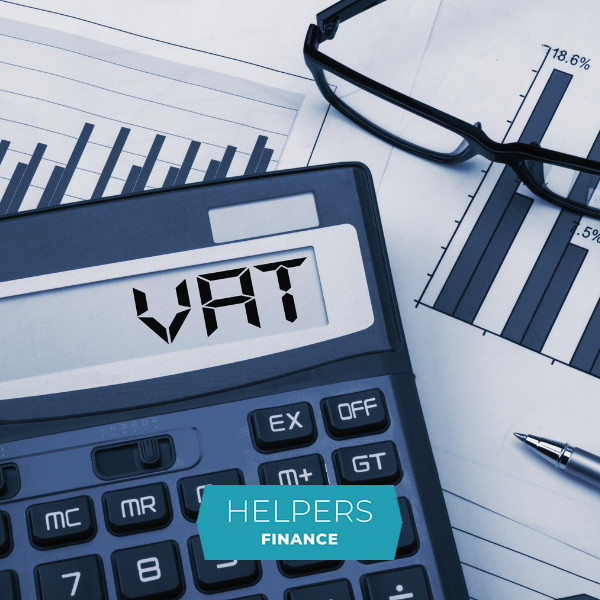
NACE update 2025: Rev. 2.1 introduced throughout the EU
NACE, or TEÁOR in Hungarian, is a classification of economic activities that is used in Europe to make statistics about what businesses do and where their income is from. The latest NACE update came into force as of 1 January 2025, and it might mean a few additional tasks for you and your accountant.
NACE, or TEÁOR in Hungarian, is a classification of economic activities that is used in Europe to make statistics about what businesses do and where their income is from. The latest NACE update came into force as of 1 January 2025, and it might mean a few additional tasks for you and your accountant.
Activities at your Hungarian company
When you set up a business in Hungary, you are required to indicate what your business will do to generate revenues. This is done by selecting one or more activities from a list used to make statistics. You should select one core activity, but you can add as many activities as you like. Most of your revenue should be coming from your main activity, and you are supposed to issue invoices only related to the activities you have registered. However, activities do not have to be indicated on the invoices.
You can read a short overview about how activities are registered here.
NACE, TEÁOR, ÖVTJ
NACE is the list of categories of economic activities used in the EU create statistics about the fields in which businesses generate their revenues. As such, it is officially defined as the European classification system of possible economic activities.
While NACE is unified throughout the EU, it covers two Hungarian concepts: TEÁOR (“Tevékenységek Egységes Ágazati Osztályozási Rendszere”), which entails the economic activities of companies, and ÖVTJ (“Önálló Vállalkozók Tevékenységi Jegyzéke”), which entails the activities of those self-employed.
NACE update 2025
As of January 1, 2025, the latest NACE update is to be used all over the EU. The new version is NACE Revision 2 update 1, or NACE Rev. 2.1 for short. In Hungary, the new version is referred to as TEÁOR’25 and ÖVTJ’25, respectively.
In line with this, new businesses will need to use the new version when indicating their main activities. At the same time, the activities of existing businesses need to be reclassified to match the new statistical framework.
What do you need to do?
The short answer is: probably not much. While there are differences between the latest TEÁOR’08 and the new TEÁOR’25, most changes are straightforward, and the Hungarian Tax Authority can automatically update activities both in its own database and in the Company Registry. This is supposed to be completed by January 31, 2025.
However, some activities did not simply get new codes, but have been split into several codes. In these cases, reclassification is not automatic, and you or your accountant must declare which activity and code should be indicated among your activities. The deadline for this is July 1, 2025.
If this concerns the core activity of the business, the articles of association must be updated too. This requires a process called company modification, which normally has a legal fee. However, if the modification is done only to comply with the NACE code update, the processing fee will be waived, and you only need to pay your lawyer.
Next steps
If you operate a company in Hungary, ask your Hungarian accountant if you have anything to do because of the 2025 NACE update, and follow their instructions.
You can also check yourself if this is relevant to you. You just need to download the TEÁOR or ÖVTJ comparison table from here (whichever is relevant to you – look for the links marked as “fordítókulcs” in the middle of the page). Then find the codes indicated in your company extract, and see if/how they were modified. It is best to use your last saved version, but you can also check your data online here for your business, or here if you are a freelancer.
Helpers Finance at your service
The accounting team at Helpers Finance will be happy to take care of all the tasks relevant to the NACE update at your Hungarian business. We also provide bookkeeping and payroll services to our clients, with a focus on working with small and medium-sized businesses. Feel free to ask for our services now.
Was this article useful? Follow us on Facebook and never miss an update.
Contact
Get in touch today
Monday - Friday
9am - 5pm CET
Helpers Finance Kft.
Budapart Gate
Dombóvári út 27
Budapest 1117, Hungary
If you’re visiting us, please use entrance A and come to the 2nd floor.



